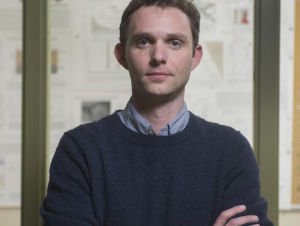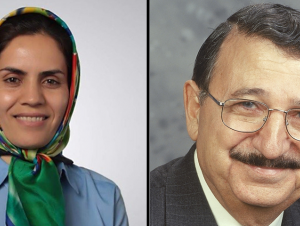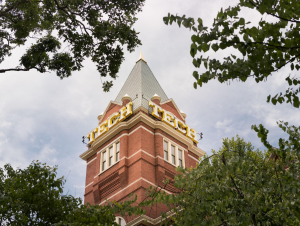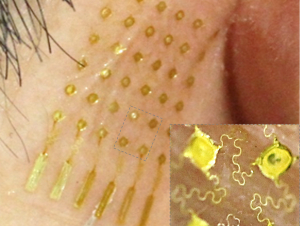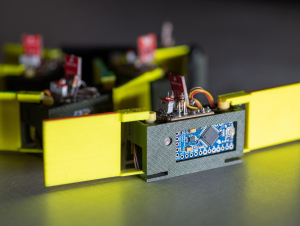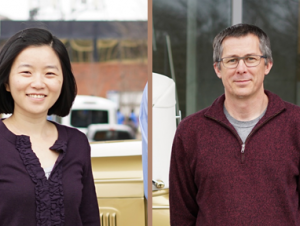To request a media interview, please reach out to experts using the faculty directories for each of our six schools, or contact Jess Hunt-Ralston, College of Sciences communications director. A list of faculty experts is also available to journalists upon request.
Latest News
School of Earth and Atmospheric Sciences Assistant Professor Chris Reinhard studies the early Earth in the hopes of learning clues about potential Earths outside our solar system.
A new study has advanced silver nanoparticles toward the goal of single-molecule detection.
The Office of International Initiatives announces the launch of the Georgia Tech Guide for Responsible International Activities, a new online resource regarding guidelines, policies, and procedures around the Institute’s global activities and partnerships.
Combining new classes of nanomembrane electrodes with flexible electronics and a deep learning algorithm could help disabled people wirelessly control an electric wheelchair, interact with a computer or operate a small robotic vehicle without donning a bulky hair-electrode cap or contending with wires.
Building conventional robots typically requires carefully combining components like motors, batteries, actuators, body segments, legs and wheels. Now, researchers have taken a new approach, building a robot entirely from smaller robots known as “smarticles” to unlock the principles of a potentially new locomotion technique.
Multicellular life is one of the most astonishing wonders on Earth, but why and how does it arise in the first place, and at what cost? To help answer these questions, we exposed single-celled algae to predators and watched them evolve into multicellular life. Within a year, they had formed groups of cells to avoid being eaten - but at a price.

